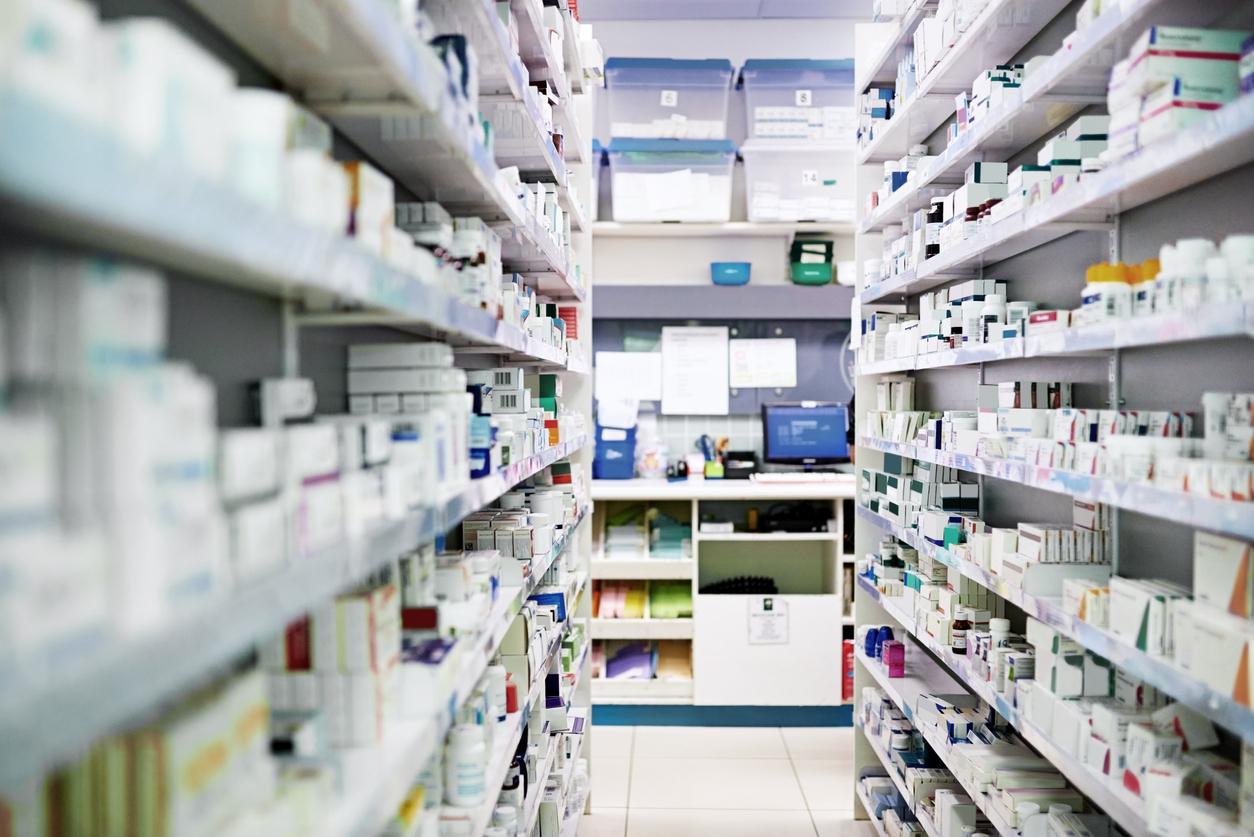Iran's CB Chief: Swiss Payment Mechanism Inadequate

EghtesadOnline: The governor of the Central Bank of Iran said Switzerland's payment mechanism unveiled this week for delivering humanitarian supplies to Iran is not enough, as it does not cover bank transactions.
"The humanitarian cargo was traded as per the Swiss government's request. Nearly $2.5 million of CBI money in a Swiss bank was used for buying the medications," Abdolnasser Hemmati was quoted as saying by Tasnim.
"The US government's claims could be termed as valid if they permit banking transactions for humanitarian goods," Financial Tribune quoted Hemmati as saying.
A humanitarian channel to bring food and medicine to Iran has started trial operations, Reuters quoted the Swiss and US governments as saying on Thursday, helping supply Swiss goods to Iranians without tripping over US sanctions.
As a pilot transaction, an initial payment for the shipment of medicine to Iran by a Swiss pharmaceutical company was authorized on January 27. The shipment consists of cancer drugs and drugs required for organ transplant. The medicines are valued at approximately €2.3 million.
The Geneva-based bank BCP and Novartis took part in the pilot deal, with the humanitarian channel expected to be fully operational within weeks, a spokeswoman for the Swiss State Secretariat for Economic Affairs said
Food, medicine and other humanitarian supplies are exempt from the new sanctions Washington imposed last year after Donald Trump walked away from a 2015 landmark international deal over Iran’s nuclear program.
False US Claims
Iran has been criticizing the US government for making false claims over exempting humanitarian goods from the new restrictions, as the country faces serious challenges for purchasing medicine and agricultural goods.
In December, Iran's Health Minister Saeid Namaki in separate letters to the United Nations Secretary-General Antonio Guterres and the heads of two of its affiliated organizations, namely the World Health Organization and the United Nations Children's Fund, called on the international community to break the silence on the humanitarian crisis resulting from the unilateral US penalties.
The sanctions have severely impeded Iran's ability to import food, drugs and medical equipment, despite US claims that humanitarian goods are exempt from the sanctions.
How It Works
The Swiss Humanitarian Trade Arrangement (SHTA) seeks to ensure that Swiss-based exporters and trading companies in the food, pharmaceutical and medical sectors have a secure payment channel with a Swiss bank through which payments for their exports to Iran are guaranteed, according to a press release on the Swiss Embassy website.
“We are pleased to announce that we have completed the sale and delivery of cancer drugs and transplant drugs to Iran,” US special representative, Brian Hook, told a press briefing
“We have created a very high standard of due diligence, but we have now already had one company that has met that,” he said, adding that there were likely to be more similar transactions. “It’s the first one. There will be more to come.”
The Swiss government also claims the under the SHTA, the US Department of the Treasury will provide the banks involved with the necessary assurances that the financial transactions can be processed in accordance with US legislation.
In return, exporters and banks participating in the SHTA will provide SECO with detailed information about their business activities and business partners in Iran, and the transactions they carry out.
SECO will verify this information and, in cooperation with the US Treasury Department, ensure that increased due diligence has been exercised in respect of the transactions carried out. To this end, SECO will also make the information received from the banks and exporters available to the US Treasury Department.
Negotiations on the SHTA are nearing completion. SECO, together with the FDFA and the Swiss State Secretariat for International Financial Matters SIF, has been working intensively since the end of 2018 to implement such a humanitarian payment mechanism.


